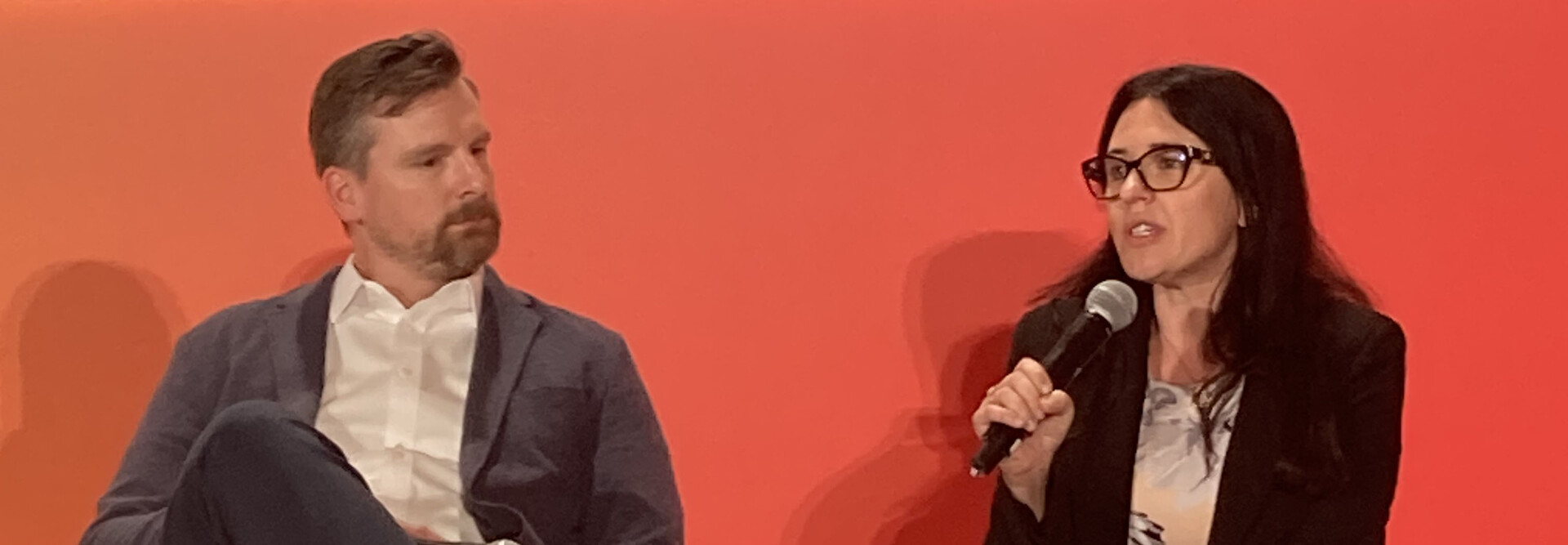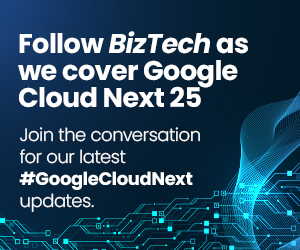An AI Agent That Knows Company Policy
The purpose of the AI agent was to make it easier for workers to comply with Carvana’s security policies by removing the need to wade through large volumes of policy documents.
“How many of us have so many policies and standards that no one actually looks at it all?” she asked. The agent would do the reading for employees, then just summarize the information and answer their questions. “Who wants to read a 16-page policy document when you can just ask the AI a question?”
Carvana’s compliance officer quickly recognized the benefits of the AI agent. She is charged with answering detailed questionnaires from the financial services companies with which Carvana works about the car seller’s security policies and service-level agreements. Each financer has unique concerns about partner security and asks questions in its own way.
EXPLORE: CDW experts say agentic AI is changing the future of work.
As a result, the compliance officer would frequently quiz Mathers or members of her team about security policy nuances. Filling out one such questionnaire could take 40 hours of work, Mathers said.
But when the officer realized that the AI agent was almost as knowledgeable about those policies as any human colleague and was able to answer complicated, detailed questions — and never too busy to do so — she had a new best friend.
“So, what used to take 40 hours now takes one hour,” Mathers said.













